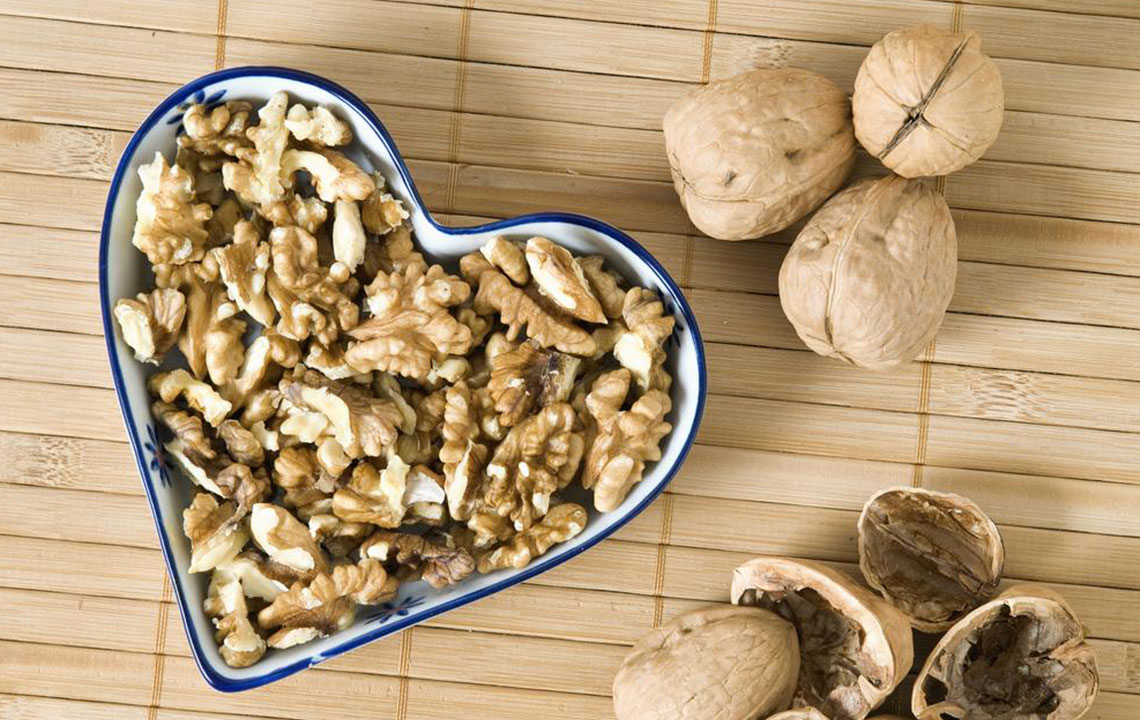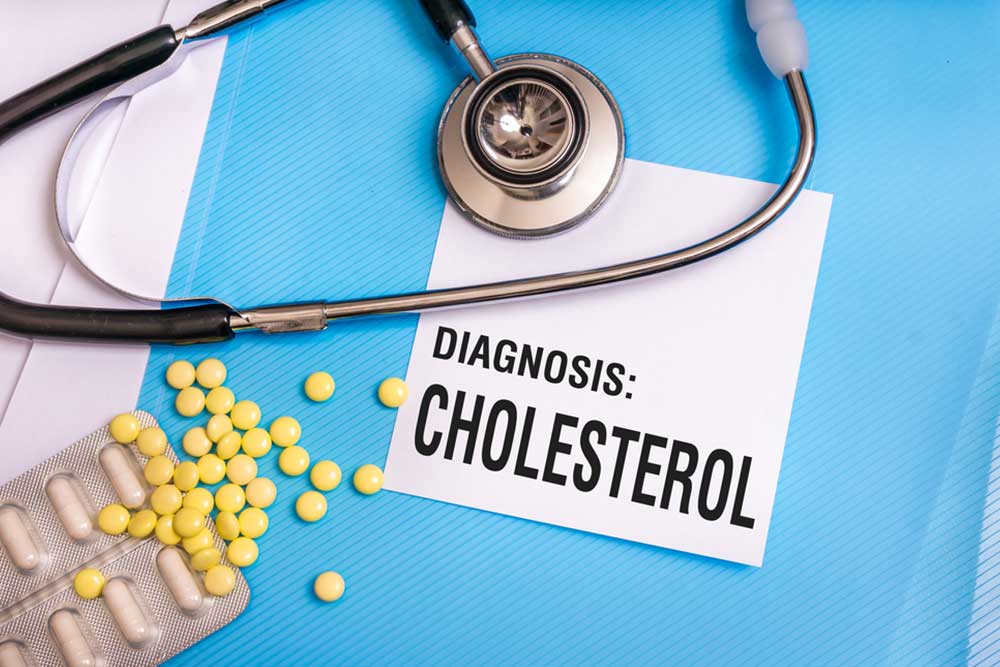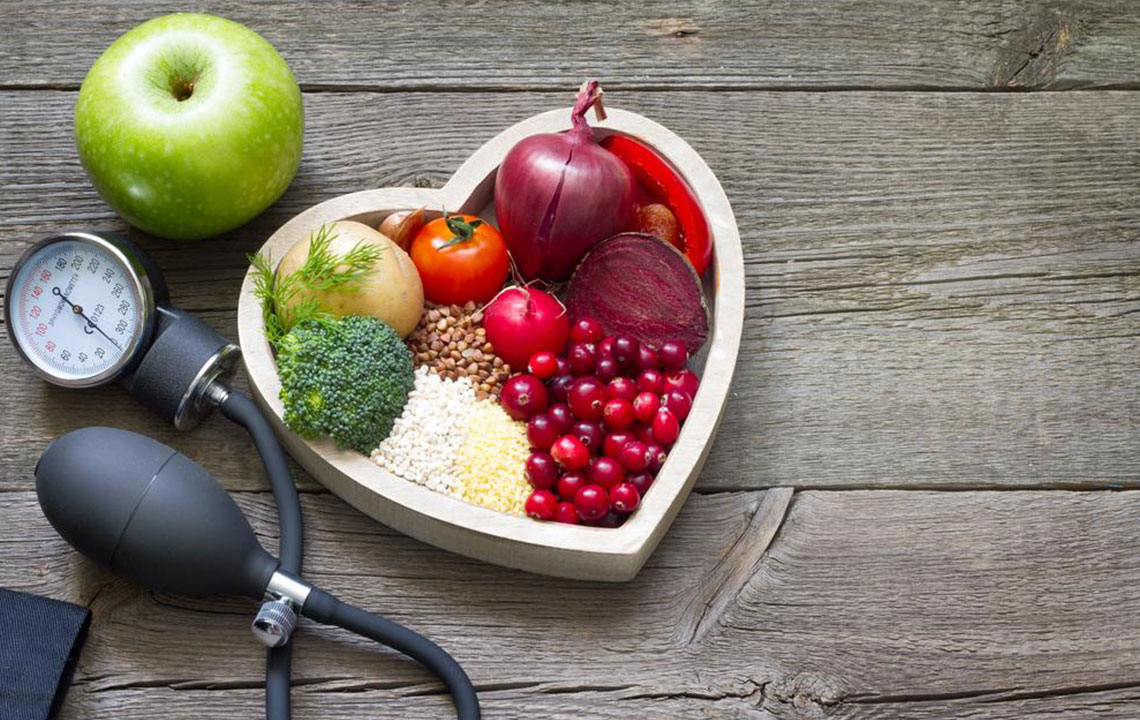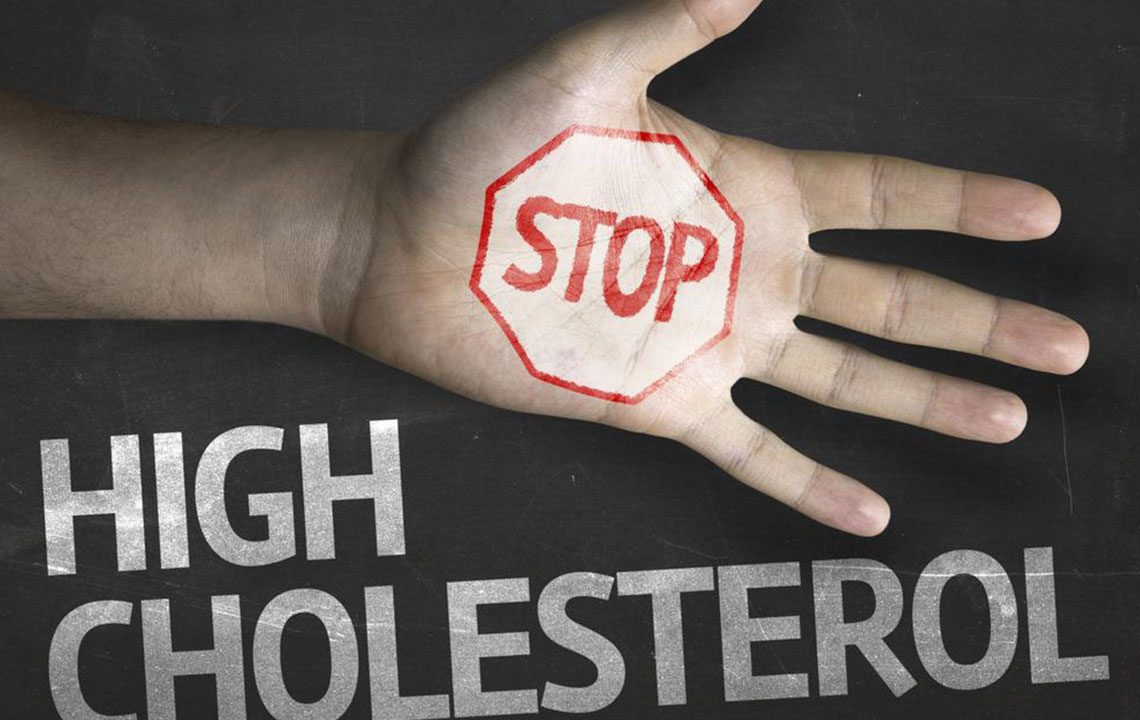Comprehensive Guide to Foods That Effectively Lower Cholesterol and Promote Heart Health
This comprehensive guide offers insights on foods that help reduce LDL cholesterol and promote heart health. It covers practical dietary tips, beneficial food types like oats, legumes, nuts, fruits, and fish, and highlights lifestyle strategies for optimal cardiovascular wellness. Incorporate these foods into your daily routine to manage blood cholesterol effectively and support long-term heart health.
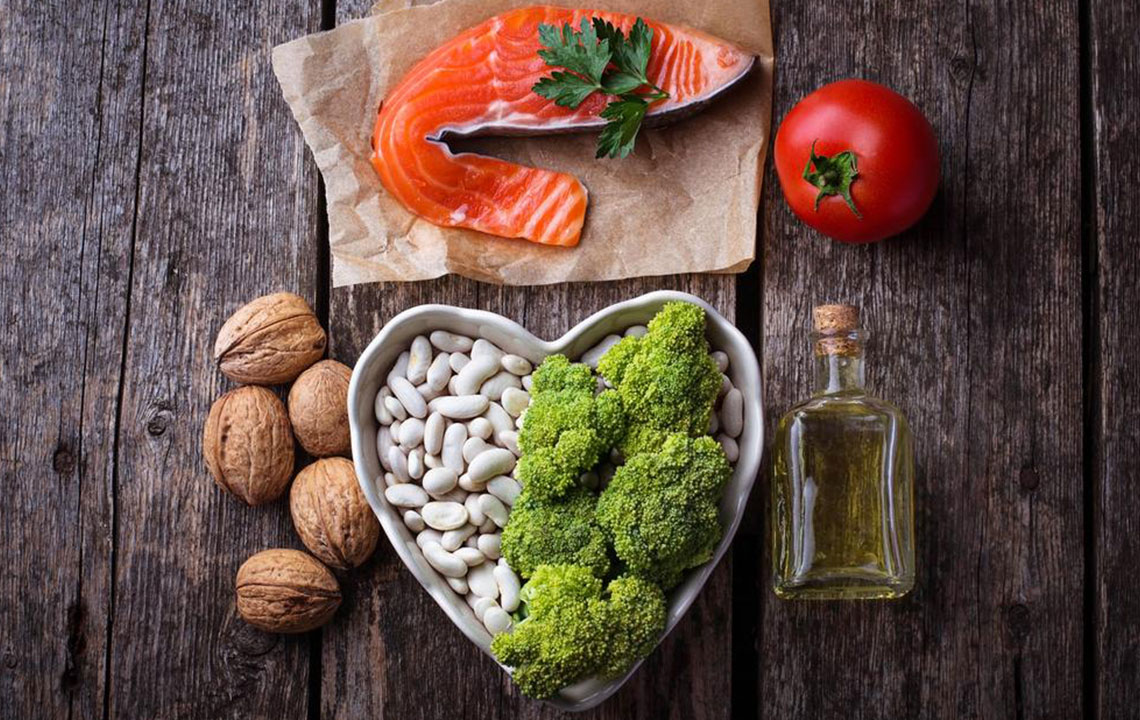
Effective Dietary Strategies to Reduce Cholesterol Levels and Support Cardiovascular Wellness
Your dietary choices play a pivotal role in managing cholesterol levels, significantly impacting your overall heart health. Incorporating specific cholesterol-lowering foods while limiting those that elevate LDL cholesterol—commonly known as 'bad' cholesterol—is essential for maintaining a healthy cardiovascular system. Adopting a balanced diet that emphasizes heart-friendly foods can help prevent blockages in the arteries, reduce the risk of atherosclerosis, and promote long-term vascular health.
Understanding which foods help lower LDL cholesterol and improve HDL ('good' cholesterol) can empower you to make informed nutritional decisions. These foods work through various mechanisms, such as binding cholesterol in the digestive tract, reducing its absorption, or modifying lipid profiles in the bloodstream. Combined with lifestyle modifications like weight management and regular exercise, dietary interventions form a cornerstone of heart disease prevention.
Let's explore some of the most effective and scientifically backed foods that support healthy cholesterol levels, with practical tips on how to incorporate them into your daily routine.
Oats and Whole Grains: Starting your day with oatmeal or oat-based cereals provides a rich source of soluble fiber that can lower LDL cholesterol. Consuming 3 grams or more of soluble fiber daily has been shown to significantly reduce cholesterol levels. Complement oats with sliced bananas, berries, or nuts for added flavor and health benefits. Similarly, whole grains such as barley, brown rice, and quinoa also supply soluble fiber and other nutrients vital for heart health, aiding in cholesterol management and weight control.
Legumes and Pulses: Beans, lentils, chickpeas, and kidney beans are excellent sources of soluble fiber and plant-based protein. Regular consumption of these foods can help maintain healthy blood lipid levels, promote satiety, and support weight management—an important factor in controlling cholesterol.
Colorful Vegetables: Veggies like eggplant, okra, spinach, and broccoli are not only nutrient-dense but also high in soluble fiber. Including a variety of vegetables in your diet can assist in lowering LDL cholesterol and provide antioxidants that combat oxidative stress associated with heart disease.
Nuts and Seeds: Almonds, walnuts, flaxseeds, and peanuts contain healthy monounsaturated and polyunsaturated fats. When consumed in moderation, nuts can lower LDL cholesterol and improve overall lipid profiles, thanks to their phytosterol content and anti-inflammatory properties. Incorporate nuts as snacks or toppings for salads and oatmeal.
Heart-Healthy Oils: Replace saturated fats like butter or lard with oils rich in unsaturated fats, such as extra virgin olive oil, canola oil, safflower oil, and avocado oil. These oils help reduce LDL cholesterol levels while supporting cardiovascular health when used for cooking or as dressings.
Fruits: Apples, berries—such as strawberries and blueberries—and citrus fruits like oranges and grapefruits contain pectin, a soluble fiber that effectively reduces LDL cholesterol. Consuming a variety of fruits daily provides antioxidants and dietary fiber, further protecting against heart disease.
Fortified Foods with Plant Sterols and Stanols: Certain spreads, margarine, and beverages are fortified with plant sterols and stanols, naturally occurring compounds that block cholesterol absorption in the gut. Regular intake of about 2 grams daily can lower LDL cholesterol by approximately 10%, making these functional foods valuable additions to your diet.
Soy-Based Proteins: Foods like tofu, tempeh, soy milk, and edamame provide soy protein, which has been shown to reduce LDL cholesterol by about 5-6% when consumed at around 25 grams per day. Including soy in your meals can contribute to better blood lipid profiles and overall heart health.
Fatty Fish and Omega-3 Fatty Acids: Fish such as salmon, mackerel, sardines, and trout are rich in omega-3 fatty acids that help lower triglycerides, reduce blood clotting, and decrease inflammation—all beneficial for heart health. Replacing red meats with fish at least twice a week is recommended for cardiovascular benefits.
Dietary Fiber Supplements: For those who struggle to meet fiber goals through diet alone, supplements like psyllium husk (e.g., in Metamucil) provide approximately 4 grams of soluble fiber per two teaspoons dose, aiding in cholesterol reduction.
Foods to Limit or Avoid: Reduce intake of saturated fats found in red meats, full-fat dairy products, and certain oils like coconut and palm oil. Completely eliminate trans fats, often present in processed foods, margarine, and baked goods, as they elevate LDL cholesterol, lower HDL cholesterol, and promote arterial inflammation. Checking ingredient labels for trans fats and choosing minimally processed foods are key strategies.
In addition to dietary modifications, maintaining a healthy weight through portion control and calorie awareness, coupled with regular physical activity—such as brisk walking, cycling, or swimming—amplifies the benefits of a heart-healthy diet. An active lifestyle helps elevate HDL cholesterol levels and reduces LDL cholesterol, thus decreasing the risk of heart disease.
Understanding the link between diet and cholesterol is crucial for everyone aiming to improve their cardiovascular health. By integrating these foods into your daily regimen and making sustainable lifestyle changes, you can effectively lower LDL cholesterol, support your heart, and enjoy a healthier life.
